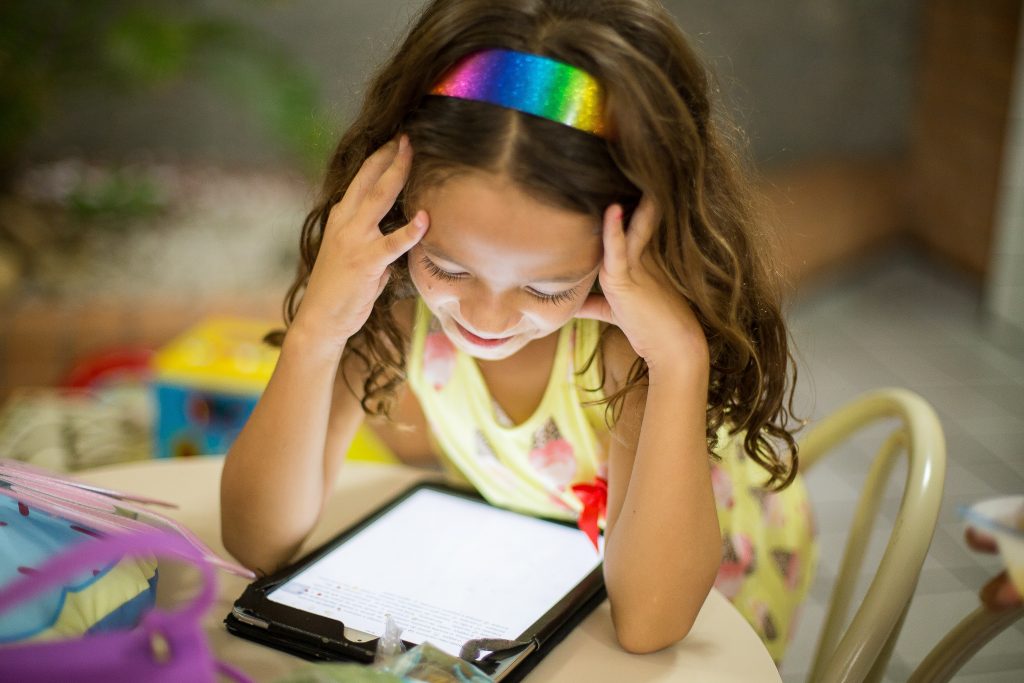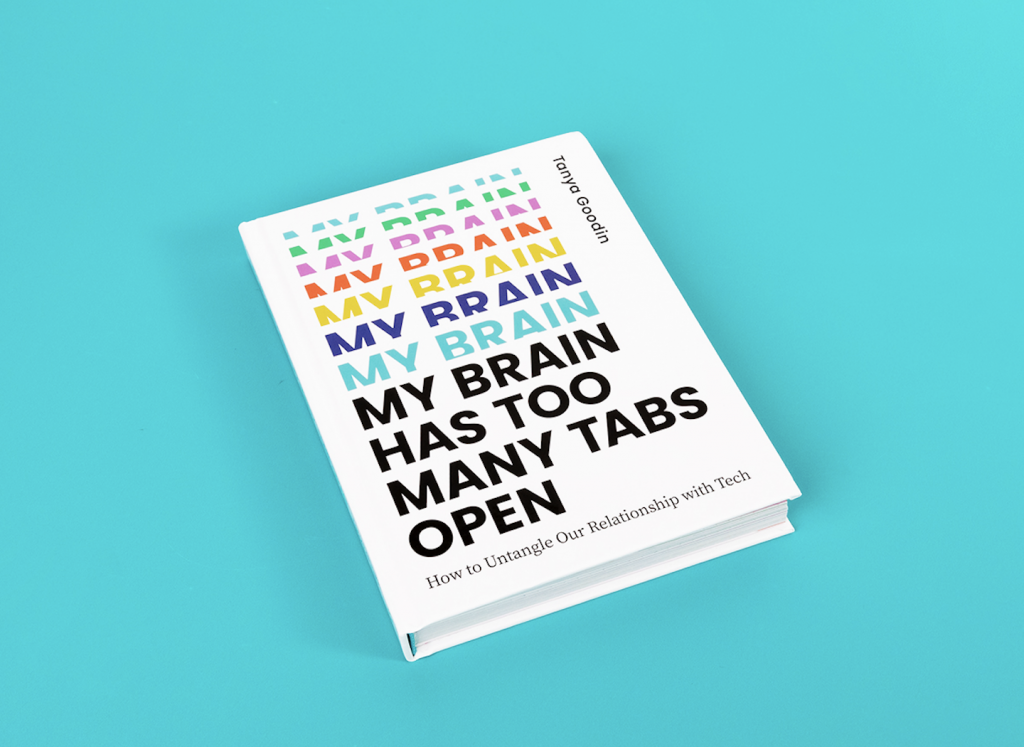A new paper from Oxford University has found that negative links between social media and mental health may impact the wellbeing of girls and boys at different ages, introducing the idea of ‘windows of developmental sensitivity to social media’ in children.
Data was analysed from 84,000 UK individuals aged 10-80 years old who were already enrolled in two large existing population studies. It captured information on their mental health and wellbeing as well as their reported use of social media, such as Facebook, Twitter, Instagram and WhatsApp.
Girls’ mental health is impacted earlier
The study found that the more time girls aged 11-13 years old spent on social media, the less likely they were to be satisfied with life a year later on.
The pattern was the same for boys but at slightly later age and was observed when they were aged 14-15 years old.
“We find there are certain ages, which differ between the sexes, when social media more substantially predicts life satisfaction.”
Dr Amy Orben, University of Cambridge
One of the theories behind the difference between girls and boys is that vulnerability to a negative impact from social media at the different ages may be linked to changes within brain development during puberty, which of course occurs at different ages in boys and girls.
Social media and mental health
Concerns about social media’s impact on the mental health in children have been around for years with the recent leaks from Meta showing that company has been aware for some time of the negative affect on mental health Instagram has on girls in particular.
Meta’s leaked documents from their internal research on Instagram found that;
- 66% of teenage girls on Instagram experienced negative social comparison
- 52% of teen girls who experienced negative social comparison said it was caused by images related to beauty
- 32% of teen girls said that when they felt bad about their bodies, Instagram made them feel worse.

Social media and mental health impacts in boys and girls are different.
The 8-year olds using social media
Facebook whistleblower Frances Haugen’s testimony at the Senate hearing focused on the damaging effects of Facebook and its associated apps on children, stating that kids as young as eight are targeted by the app.
A recent report found that younger children in the US are using social media more than ever before. The survey found that overall screen use among teens and tweens increased by 17% from 2019 to 2021 — growing more rapidly than in the four years before. On average, daily screen use went up among tweens (8-12 years old) from four hours and 44 minutes to five hours and 33 minutes. In teens (13-18 years old) it went up from seven hours and 22 minutes to eight hours and 39 minutes .
Research in the UK has also shown a worrying rise in much younger children on social media. Ofcom found that a third of parents of 5-7 year olds say their child already has a social media profile, with 1 in three of 8-11 year olds having a TikTok account.
Despite the minimum ages on most social platforms being 13 yers old, 22% of parents of 3-4 year olds and 38% of parents of 8-11 year olds would allow their child to open a social media account before the minimum age.
Tips for parents
It’s hard being a parent navigating the digital world alongside your child, but as the evidence mounts up of the negative impact social media in particular is having on children’s mental health there are a few must-dos;
- Maintain platform age limits It’s tough but allowing a child to circumvent age limits by lying about their age online stores up all kinds of problems for the future. Hold fast to the limit.
- Enlist other parents Most well-meaning parents only allow their child on social media earlier than the age limit because they are worried their child will be left out. Set-up parent groups for your child’s class and talk about it together. If you all (or even a sizeable proportion) maintain the same approach, it will make it easier for all of you.
- Talk about comparison culture As children get nearer to the age of using social media, have a talk (several talks) about the insidious impact of comparison culture. Encourage them to follow accounts which focus on action not appearance. Talk about filters, airbrushing and picture distortions and point out examples when you see them. Keep having the conversation.
- Use parental controls Very many good controls now exist for parents on both Apple and android devices. Make sure you are familiar with how they work and keep them configured. (In older children regularly check for VPN installation and use).

My latest book My Brain Has Too Many Tabs Open is all about how to navigate the tricky business of living with technology and contains plenty of practical tips and strategies.
